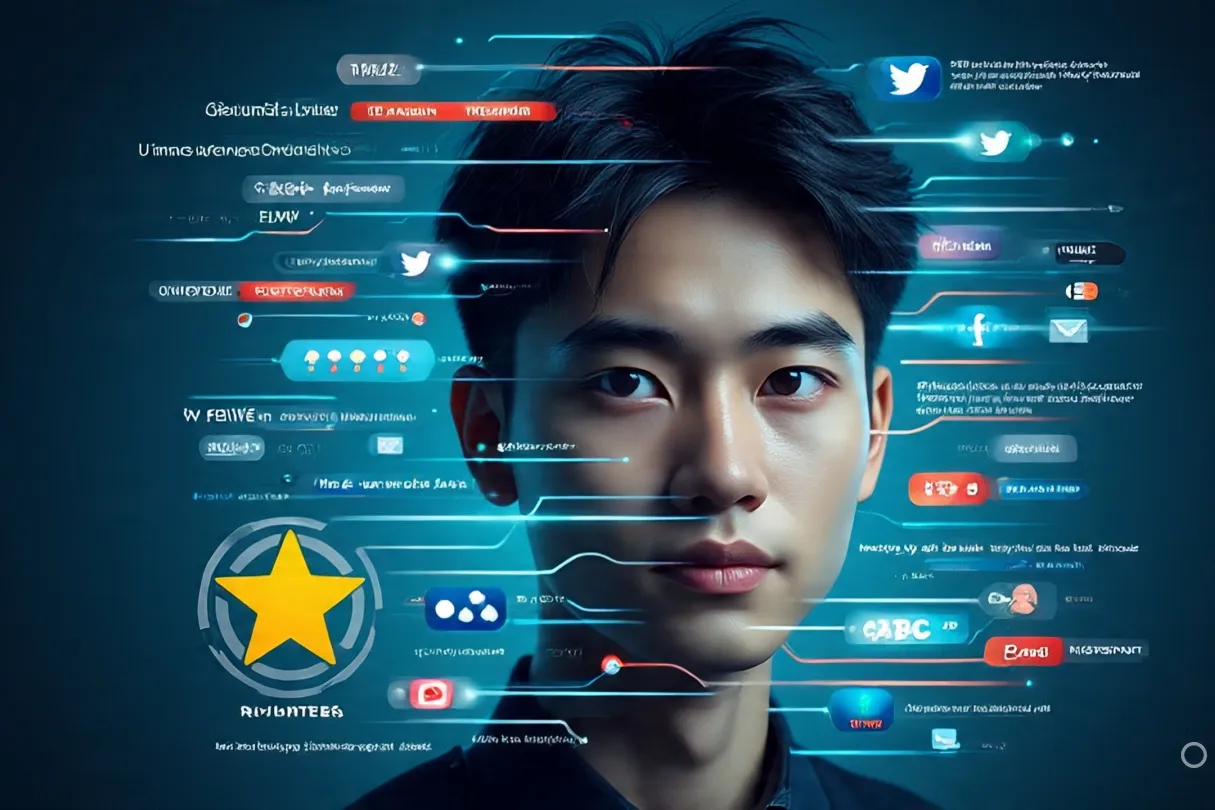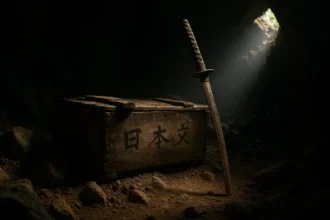🧠 The Allegory of “Mind Control” in Modern Vietnam
The idea that the Vietnamese government uses “mind control” to maintain power sounds like something from a dystopian novel. However, for a growing number of people, particularly younger Vietnamese citizens, this bold claim is a powerful allegory for their reality. They argue that a system of heavily censored state media and a state-controlled education system amounts to a form of psychological influence so pervasive that it shapes national identity and stifles independent thought.
While the term “mind control” is a hyperbolic exaggeration, it points to legitimate concerns about press freedom and the nature of public discourse in a one-party state. It is a phrase born from the profound disconnect between what is taught and what is seen.
📣 The Mechanisms of a Dominant Narrative
The foundation of this alleged mind control is the state’s monopoly on information. 🇻🇳 The Communist Party of Vietnam (CPV) controls all media outlets, from national television and radio to newspapers and publishing houses. This allows the government to consistently broadcast a single, unified message. Propaganda is not a relic of the past; it’s a daily reality. This narrative is relentlessly positive, highlighting economic achievements, promoting social unity, and portraying the CPV as the sole legitimate force guiding the nation toward prosperity.
Beyond the media, the education system plays a crucial role in reinforcing this worldview. History textbooks, for instance, are often accused of revisionism. They celebrate Vietnam’s victories against foreign invaders and the CPV’s role in the country’s liberation, which fosters a strong sense of national pride. However, they are criticized for downplaying or omitting less savory aspects of history, such as the land reform purges of the 1950s or internal conflicts within the party. This selective storytelling ensures that citizens grow up with a deep-seated respect for the government and an unchallenged understanding of its historical legitimacy.
In the digital age, this control extends online. The government employs a massive force of “cyber troops” or “public opinion shapers” to monitor social media platforms. Their job is to counter dissenting voices, spread pro-government messages, and report content that is deemed “anti-state.” This digital presence creates an environment where criticizing the government, even indirectly, can feel risky and unwelcomed, further reinforcing the official narrative. It’s a constant tug-of-war for truth in the digital space. 💻
📱 The Roots of the Conspiracy: A Generational Gap
This conspiracy theory gains traction primarily among Vietnam’s tech-savvy youth. The older generations, who grew up with state media as their only source of information, often have a strong sense of loyalty to the government. This loyalty is rooted in their lived experience and a lifetime of exposure to a single narrative. The younger generation, however, has a different perspective. Their access to the global internet has exposed them to alternative media, uncensored news, and diverse historical accounts. This sudden access to a world of information creates a profound disconnect.
When a young person sees a different account of a historical event or reads a foreign media report on a domestic issue, it can clash dramatically with what they learned in school or hear on state television. This dissonance leads to skepticism, and for some, the conclusion that they are not just being misinformed, but are actively being subjected to a form of psychological manipulation. The theory that the government is engaged in “mind control” becomes a way to explain this unsettling feeling of being misled on a fundamental level. It’s a way for them to give a name to an abstract and frustrating phenomenon.
Here is a table summarizing the generational divide in information access.
⚖️ Influence vs. “Mind Control”: A Nuanced View
Political scientists and media experts are quick to distinguish between psychological influence and the hyperbolic term “mind control.” 🎓 A government’s use of media and education to shape public opinion is a form of soft power and psychological conditioning. It’s about creating a dominant narrative that becomes the default truth. This makes it difficult for individuals to even conceive of an alternative point of view, let alone articulate it. It doesn’t mean they’ve lost their free will, but their ‘will’ is operating within a carefully constructed set of parameters.
The core of the issue is not that people are losing their ability to think, but that they are being denied the necessary tools—diverse information, critical analysis, and open debate—to fully exercise that ability. The legitimate concern isn’t a magical ability to control thought, but the very real threat to press freedom and a government’s right to curate reality. The truth is much more complex and subtle than a simple conspiracy.
🔓 The Digital Revolution’s Challenge
Despite the government’s tight grip, the rise of technology is fundamentally challenging the state’s narrative control. The use of VPNs (Virtual Private Networks) has become increasingly common among the youth, allowing them to access international news sites, social media platforms, and independent Vietnamese blogs that are otherwise blocked. 📲
These alternative media sources, often run by members of the Vietnamese diaspora, provide a counter-narrative to the official state media. They cover topics that are off-limits for domestic journalists, from political corruption and land disputes to environmental issues and human rights. This parallel information ecosystem creates a space where people can discuss and debate ideas outside of the government’s purview. It’s a game of cat and mouse, but one that is becoming increasingly difficult for the government to win as internet access becomes more widespread.
Ultimately, the conspiracy theory of “mind control” is not an accurate description of the government’s methods, but it’s a powerful metaphor for the profound psychological impact of living under a one-party media and education system. It speaks to a deep-seated frustration with the lack of transparency and a yearning for an open, unvarnished look at their country’s past, present, and future. The real story isn’t about a supernatural plot, but about a modern-day battle for the hearts and minds of a nation, fought not with weapons, but with information.
Will the digital revolution finally dismantle these walls of information control, or will the state find new ways to adapt and maintain its grip on the narrative? 🤔 The answer may decide the future of freedom of thought in Vietnam.




